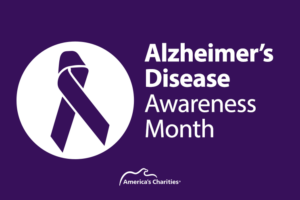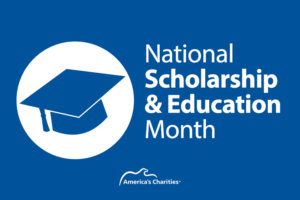Sarah Ford | May 13, 2014
Working to Make Business Part of the Solution
by Andrew Plepler, Bank of America Global Corporate Social Responsibility and Consumer Policy Executive
One of the highlights of the two-day meeting of our National Community Advisory Council (NCAC) – a group of nearly thirty civil rights leaders, community advocates and nonprofit partners – that we recently held at our Charlotte, North Carolina headquarters was a screening of the award-winning documentary “Paycheck to Paycheck: The Life and Times of Katrina Gilbert.” This sobering film depicts a year in the life of a single nursing-assistant mother of three, whose daily struggles to survive while looking to improve her own life and that of her children illuminate the challenges faced by more than 42 million women in America and the 28 million children who depend on them.
We took the opportunity to show this film to our council because so many of the complex public policy issues it raises, including the provision of better access to affordable child care, healthcare, secondary and higher education, and affordable credit, are the same longstanding, deep-seated societal concerns that we typically discuss at these biannual meetings. The following morning, as we marked the fiftieth anniversary of the federal War On Poverty and the landmark legislation of the Civil Rights era, some of our members openly reflected on their own experiences being brought up under similar circumstances, while others debated the degree to which Katrina Gilbert’s strong sense of self and personal responsibility provided the primary reason that the film ended on a hopeful note, when so many others in her situation might just as easily have given up.
Would market-based solutions, one member asked, be more effective in getting at the root causes of under employment and insufficient educational and career opportunities than the current efforts undertaken by government agencies and private employers in tackling these tough tasks? Others responded that to varying degrees, the establishment of new partnerships between the private and public sectors might provide even better, more innovative approach to addressing these complex and seemingly intractable issues.
That day, we provided our members with updates on some of the ways we’ve been working to ensure that going forward we are part of the solution. Our newly-launched SafeBalance account, for example, gives customers who need it, a convenient, transparent, low-cost way of avoiding overdraft fees by simply preventing them from spending money that they don’t have – a simple yet innovative and effective solution to an issue that has created significant challenges not just for customers but for the financial services industry as a whole. On the philanthropic side, our longstanding support of Feeding America and hundreds of local food banks goes a long way to helping millions of working families in the U.S. stretch otherwise inelastic food budgets, while our community development investments has helped communities and nonprofit organizations provide access to many of the human services that Katrina Gilbert and the many millions like her depend upon daily to stay afloat.
Get Resources and Insights Straight To Your Inbox
Explore More Articles
Open Position: Customer Service Coordinator (Remote-Part Time)
Position Title: Customer Service Coordinator (Remote – Part Time) Department: Charitable Funds Management Solutions We are a non-profit charitable organization looking for skilled individuals who…
Read ArticleGet Resources and Insights Straight To Your Inbox
Receive our monthly/bi-monthly newsletter filled with information about causes, nonprofit impact, and topics important for corporate social responsibility and employee engagement professionals, including disaster response, workplace giving, matching gifts, employee assistance funds, volunteering, scholarship award program management, grantmaking, and other philanthropic initiatives.




